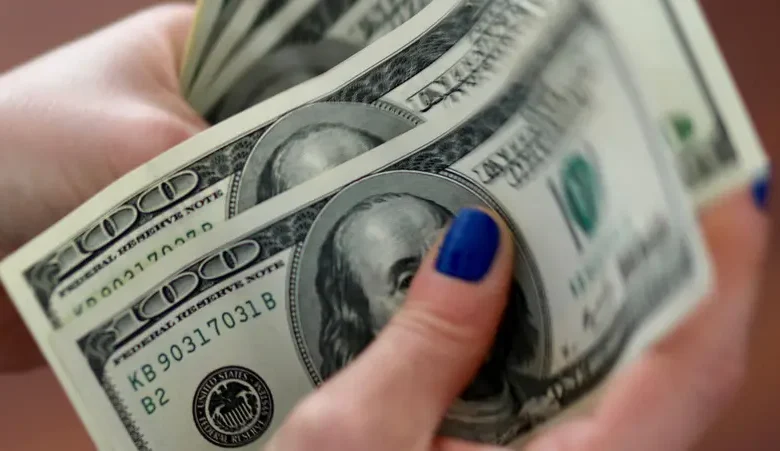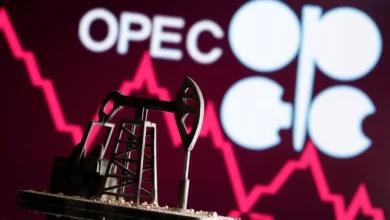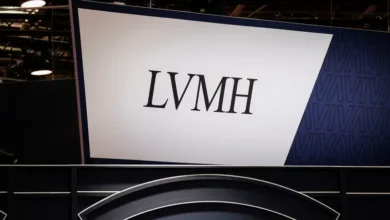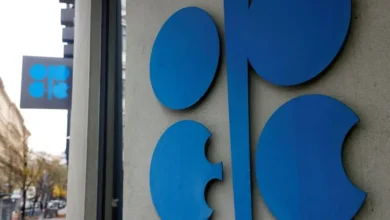US growth slower than estimated in first quarter: Government report

The US economy grew less than initially estimated in the first quarter of this year as consumer spending cooled, the government reported Thursday.
The world’s biggest economy expanded at an annual rate of 1.3 percent in the January to March period, the Commerce Department said, below the 1.6 percent figure published last month. This revision was in line with analysts’ expectations.
Both growth numbers mark a significant deceleration from the 3.4 percent expansion seen in the final quarter of 2023.
While President Joe Biden and officials maintain that the US economy remains robust, he is struggling to convince voters of his performance on the economic front ahead of November’s presidential election.
“The update primarily reflected a downward revision to consumer spending,” the Commerce Department said of Thursday’s revision.
But business investment expanded at a stronger pace while residential investment accelerated more than estimated, added Rubeela Farooqi, chief US economist of High Frequency Economics, in a note.
Overall, GDP growth in the first quarter was supported by consumer spending, business investment and government spending.
But the slowdown from late 2023 to early 2024 came about with decelerations in consumption, government spending and exports, the Commerce Department said.
‘Uncertain’ outlook
“The outlook going forward is uncertain,” Farooqi said.
The Federal Reserve could delay the start of interest rate cuts as it tries to stamp out stubborn inflation — and this could weigh on growth in the coming quarters.
“But a weaker growth path that leads to a Fed pivot to lower rates over time should be supportive of households and businesses,” she added.
While growth has cooled, the US economy has been largely resilient in the face of higher interest rates, with unemployment remaining low and the job market stronger than expected.
This, in turn, has allowed people to continue spending.
But with households drawing down on savings from the COVID-19 pandemic and interest rates still elevated, analysts generally expect consumption to pull back.










